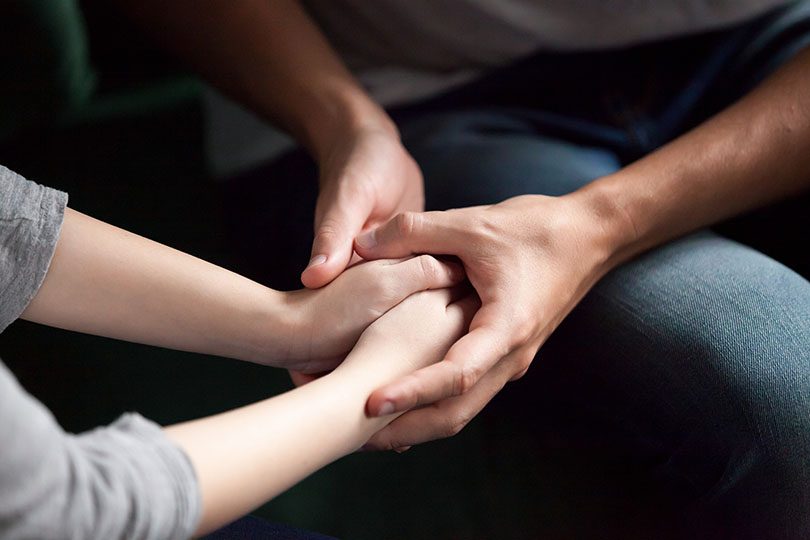Due to recent high-profile suicides, the topic is constantly in the news cycle. The mainstream attention to suicide brings about heightened awareness, but awareness alone falls flat when it is not being used properly. It’s time to take action.
Awareness needs action
Check on the people in your life and learn the warning signs of suicide. Dr. Dale Peeples, a child and adolescent psychiatrist at the Children’s Hospital of Georgia, said families and friends should be on the lookout for the following warning signs:
- Sadness/irritability
- Changes in sleep
- Changes in appetite
- Loss of interest & social withdrawal
- Feelings of helplessness/guilt
- Crying spells
- Poor concentration/declining school/work performance
- Thoughts about suicide
However, these warning signs are not always apparent. Many people experiencing suicidal thoughts are not diagnosed with a mental health condition causing their loved ones and others in their life to not be on high alert about their mental health and have no idea that they’re struggling. Even those with diagnosed mental conditions may be very high-functioning and maintain what appears to be a thriving social life. High-functioning depression is difficult to spot, because these individuals seem to have their mental health under control. It’s important to realize and remember just because someone acts “okay,” does not mean they are.
Be their advocate
Many people experiencing suicidal thoughts do not know how or are embarrassed to initiate the conversation about the thoughts and emotions they are experiencing. Take it upon yourself to get the conversation started.
If you check on a loved one and they say they’re “fine,” you can still reinforce a positive aspect of their life. Some examples of positive reinforcements include:
- “I’m proud of you for being in school/doing well in school.”
- “You’re a great friend, and I appreciate you.”
- “Your kids are healthy/happy—you’re doing a good job parenting.”
If you can tell they aren’t doing well, but they won’t admit it, tell them you’ve noticed some changes and are worried. Ask them what started making them feel this way. It’s important to be patient. Reassure your loved one that help is available and with help, they can overcome whatever they’re facing when they’re ready.
A great line from helpguide.org is, “I may not be able to understand exactly how you feel, but I care about you and want to help.” Hopefully, the conversation leads to them accepting your advice to seek professional care. However, getting them professional care is not the end of your journey as a supporter.
“Working with your loved one to break the cycle of depression and social withdrawal is important. When depressed, you don’t want to do anything and the less you do and the less you engage with others, the more depressed you become,” said Peeples.
- Ask about their treatments.
- Encourage them to attend therapy sessions and keep up with any prescribed medications.
- Set recurring hang out dates or become their exercise buddy.
- Identify others who can be involved and help them build a bigger support system.
If the person is resistant, continue to explain there is no shame in seeking support or mental health care. Millions of people face similar struggles—that’s why professional help exists. In the meantime, create a safety plan together. Have phone numbers of a therapist, family member and friend readily available to help in case of emergency. Identify triggers for emotional crisis, such as significant dates of loss. Make sure your loved one is not alone during these times.
Actions matter
Simple tasks and gestures of support can be very meaningful. Remind your loved one that you can help with the little stuff so they can focus on the big stuff—their health. Ask your loved one if they have a preference on how they would like your help. Some examples include:
- Grocery shopping, meal prep or cooking
- Pet or child care
- Laundry
- House cleaning or yard maintenance
- Errands
Anyone can play an active role in suicide prevention. If you recognize suicidal symptoms in a family member, friend, coworker, student, patient or anyone in between, let them know they are not alone and their life matters to the people around them.





